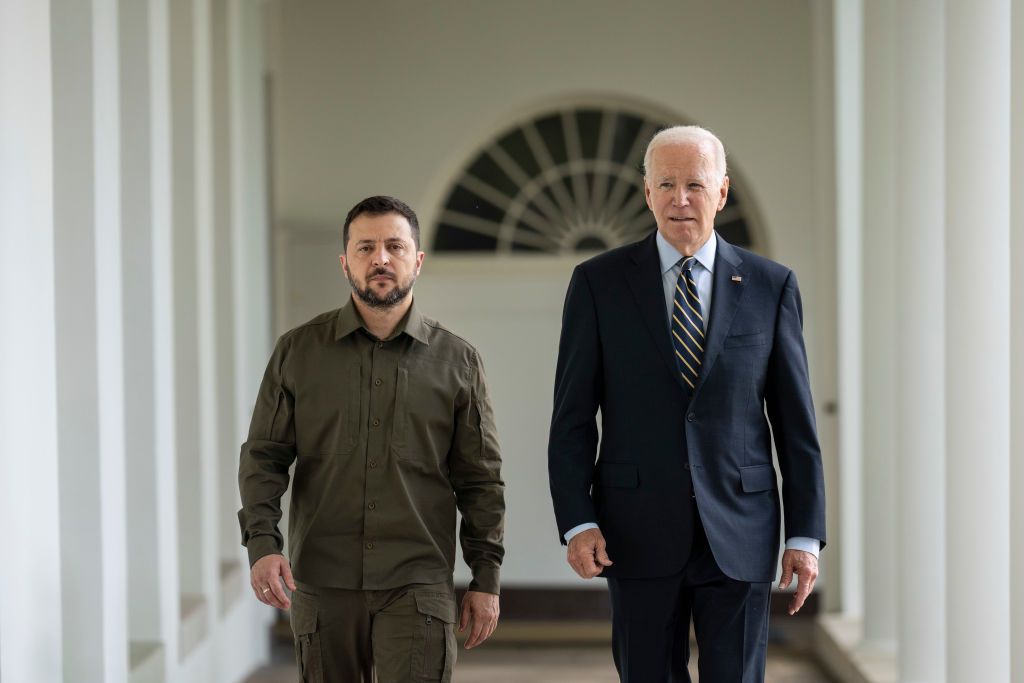49% of Russians support withdrawal of troops from Ukraine, poll says

Nearly 50% of Russian people support withdrawing troops from Ukraine and negotiating for peace, even without achieving the Kremlin's military objectives, according to a joint survey conducted by independent pollsters ExtremeScan and Chronicles.
The figures represent a striking shift from the overwhelming support for the war indicated by past polls. A February survey from the Levada Center, an independent Russian polling organization, found that 77% of Russians supported the full-scale war in Ukraine.
According to polls conducted by ExtremeScan and Chronicles in September 2024, 49% of Russians support the immediate withdrawal of troops from Ukraine and peace talks with Kyiv, an increase of nearly 10% from the three previous polls held since February 2023.
When asked about Ukraine's incursion into Kursk Oblast, respondents said it was more important to oust Ukrainian troops from Russian territory than to seize more ground in eastern Ukraine.
A majority of those surveyed (53%) said they supported removing Ukrainian forces from Kursk Oblast while only 15% said Russia should occupy more territory in Ukraine.
The pollsters also probed the extent to which Russians were willing to support the full-scale invasion. According to the results, 32% are prepared to participate in the war if ordered by the Russian Defense Ministry, while 29% said they are not prepared to fight.
Another 29% said they would support a new wave of Russian mobilization.
The results are based on responses from 800 interviewees over the age of 18. The poll was timed to coincide with the two-year anniversary of the start of Russia's mobilization campaign.
Both Chronicles and ExtremeScan began as startups in 2022 after the full-scale invasion of Ukraine. The research projects were initiated by Russian antiwar activists looking to undermine the Kremlin's claims of broad popular support through innovative polling tactics.
"It's very difficult in a dictatorship, during a war, to get what people are really thinking because they tend to identify themselves with the majority, they tend to lie because they are afraid," Alexei Minyaylo, founder of Chronicles, told the Moscow Times in October 2022.
Polls conducted by Chronicles and ExtremeScan have shown significantly less popular support for the war in Ukraine than those of other major independent polling centers.












